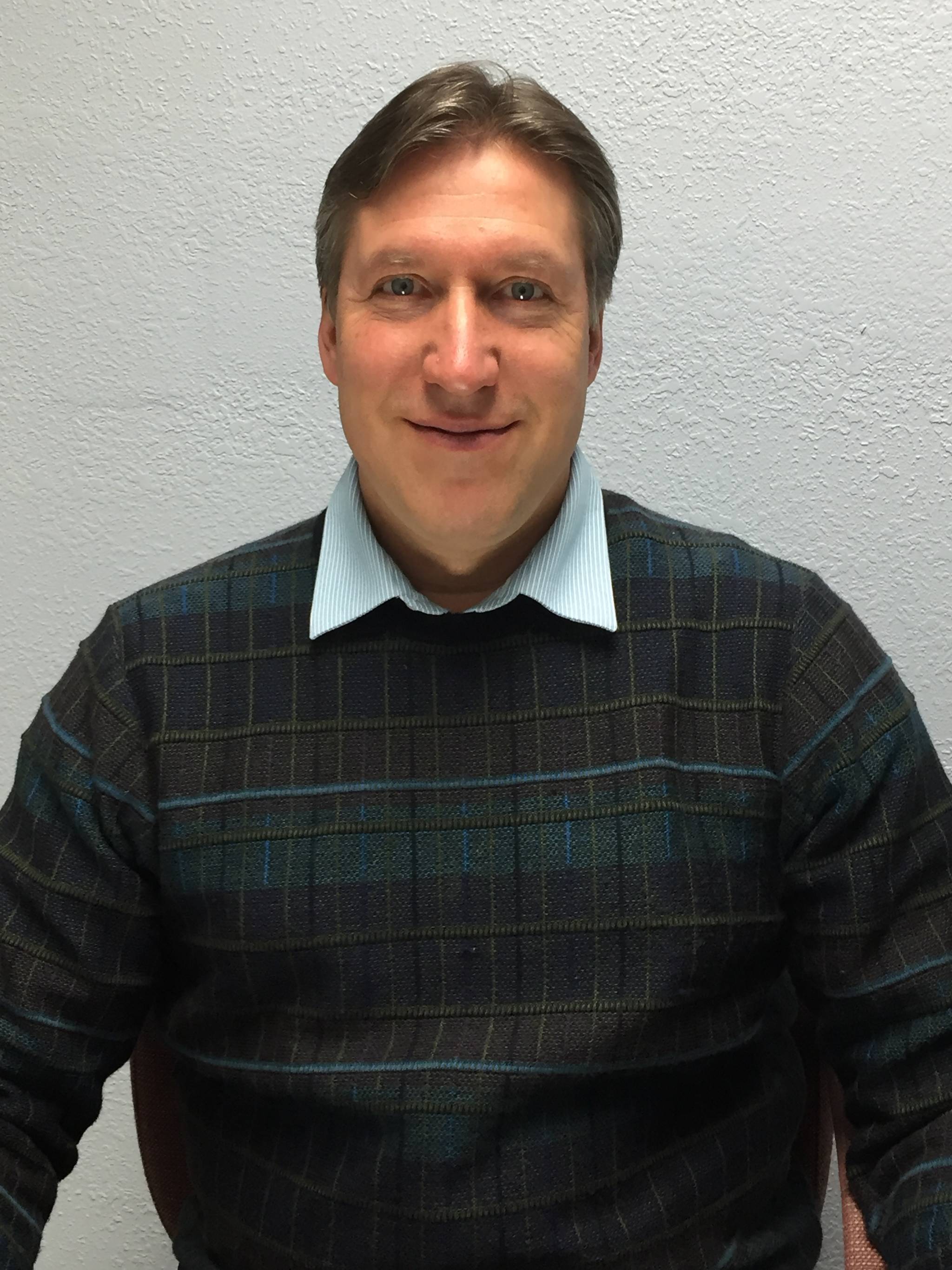Few things define Alaskans more than our love of salmon. Not surprisingly, salmon allocation decisions and fluctuations in resource abundance often spur bitter political battles between user groups. A robust public process rooted in best available science has long been the arbiter of such disputes. As an Alaskan born and raised on the Kenai, and in my current role as mayor of Cordova, it is with deep consternation that I followed a recent Board of Fisheries evaluation of an emergency petition seeking to restrict hatchery salmon releases in Prince William Sound. The board narrowly voted to reject the petition averting a dangerous departure from best available science, transparency and public process; the principles that are the bedrock of our management system.
The inconsistency of the Cook Inlet salmon runs over the past few years have now arbitrarily pointed to hatchery releases as the culprit. It is understandable that as demand for Cook Inlet salmon expands and catch rates go down, fishermen from all user groups are looking for answers. Unfortunately, we have little control over the likely cause cited by scientists: the recent ocean conditions wreaking havoc on the Gulf of Alaska’s ecosystem. Referred to as “the blob,” the mass of warm water that formed in 2013 and lingered through 2016 stripped the typically bountiful Gulf of Alaska of vital nutrients, creating cascading effects throughout the food chain. Scientists believe it to be responsible for mass die-offs of juvenile cod and salmon — impacts that are clearly visible in this year’s salmon runs.
It is important to recognize the resounding success of the hatchery management program. Salmon hatcheries have been a key component of our state’s commercial, recreational, and subsistence fisheries since the 1970s. Alaska’s hatchery program provides immense economic and social benefit to the entire state, particularly coastal communities like Cordova. The enhanced commercial harvest leads to the creation of processing jobs, fisheries tax revenue, economic investment and state general fund revenues. An often-overlooked fact is that hatcheries create significant sport fishing opportunities in Prince William Sound and statewide, which increases the summer tourism industry. These benefits are essential to our coastal communities as well as the state, particularly in times of decreasing state budget resources.
It is also important that stakeholders remain engaged in the public process and resource management decisions. However, it is also important for Alaskans to remember that our fisheries have remained sustainable because of a commitment on behalf of managers and users who rely on the best available science and data to make informed decisions. Making knee-jerk decisions in response to fluctuations in salmon runs year by year will not serve Alaskans well, particularly when the execution of said decisions could reduce future run potential. The established public process and science-based management in Alaska will keep us moving down the healthy path of promoting and protecting sustainability, feeding Alaskans, feeding the world and providing wild salmon to all Alaskans for generations to come.
• Clay Koplin, mayor of Cordova, is a lifelong Alaskan who grew up on the Kenai River where he and his family participated in sports fisheries and founded, as a family, the largest lure manufacturing business in the state. My Turns and Letters to the Editor represent the view of the author, not the view of the Juneau Empire.

